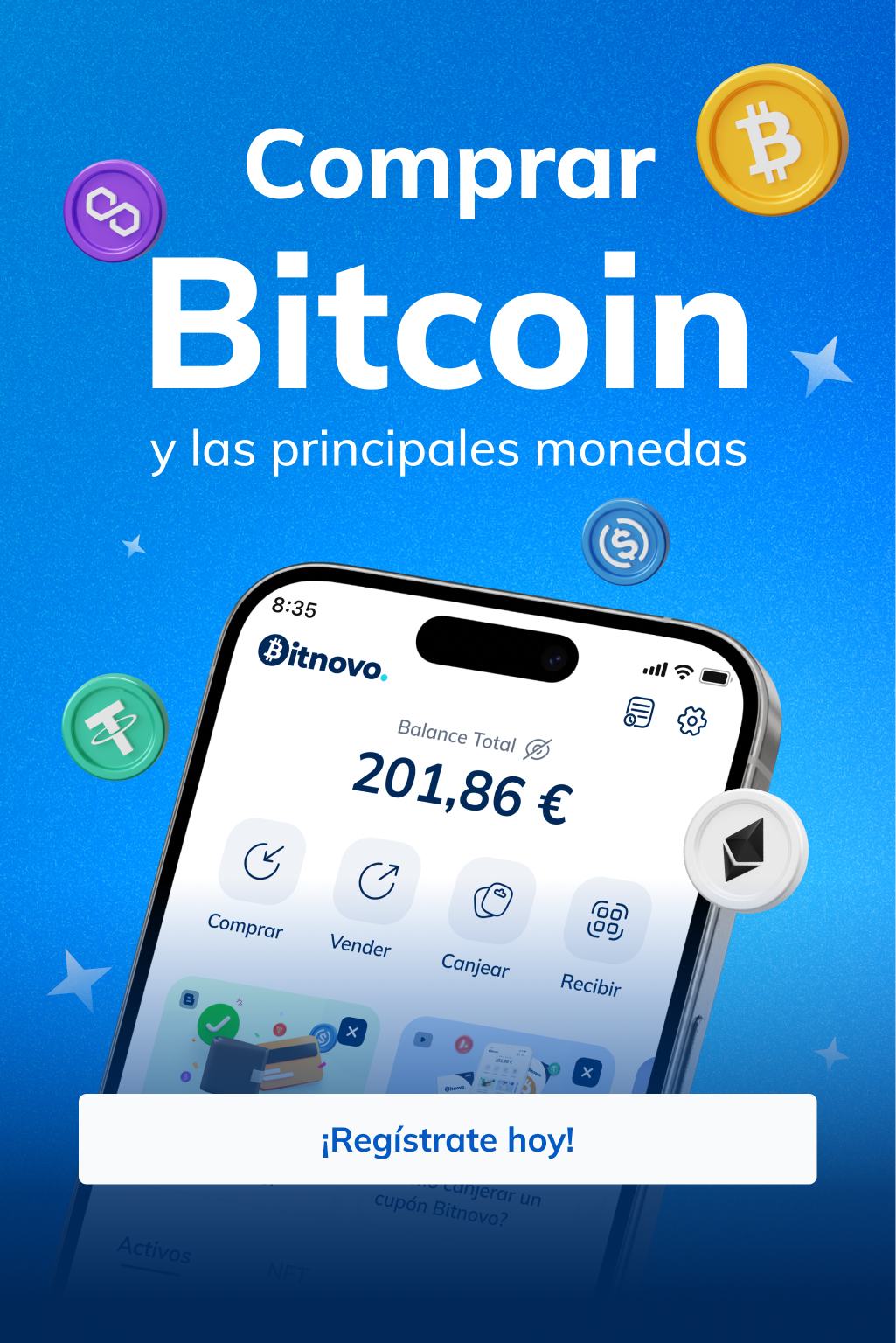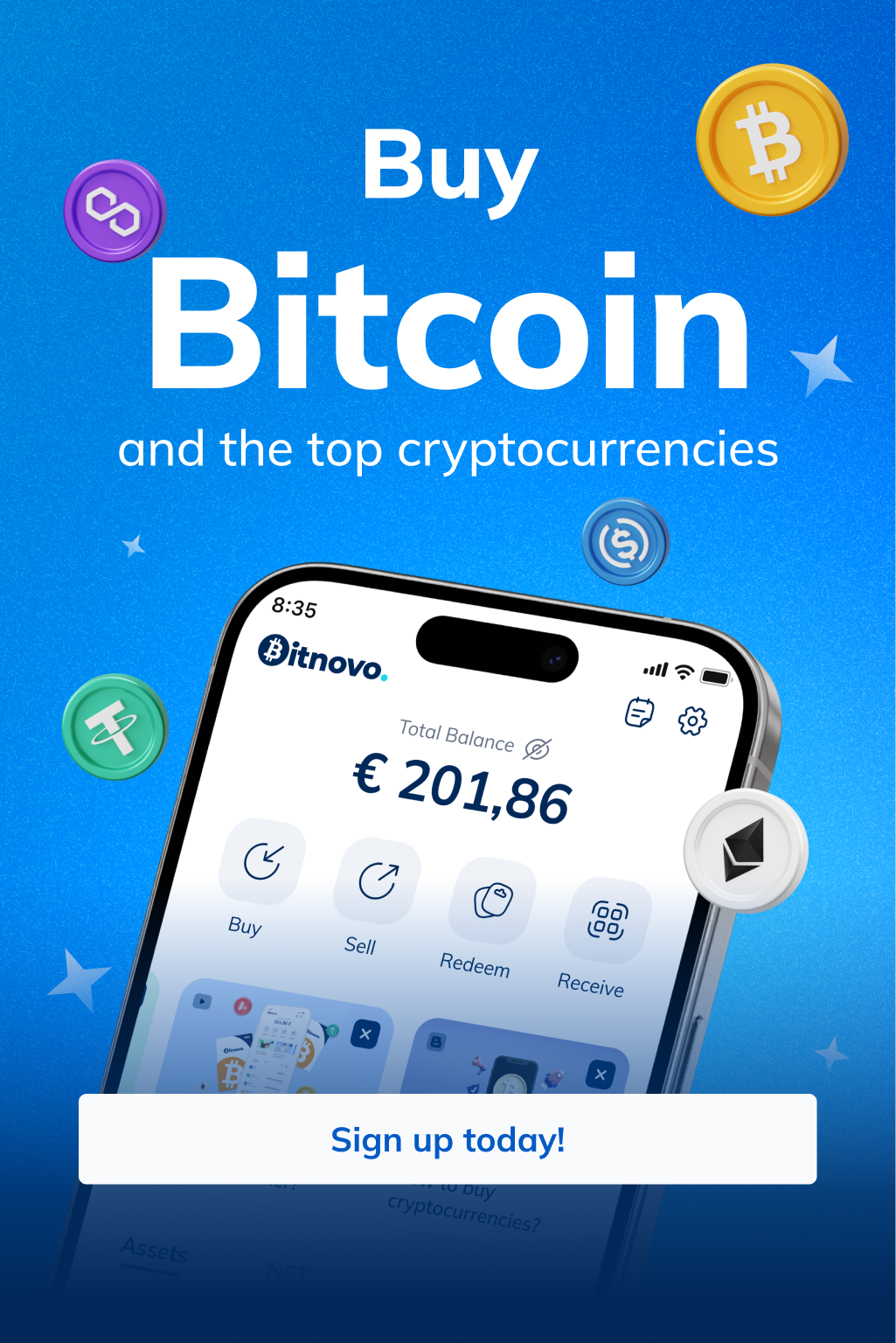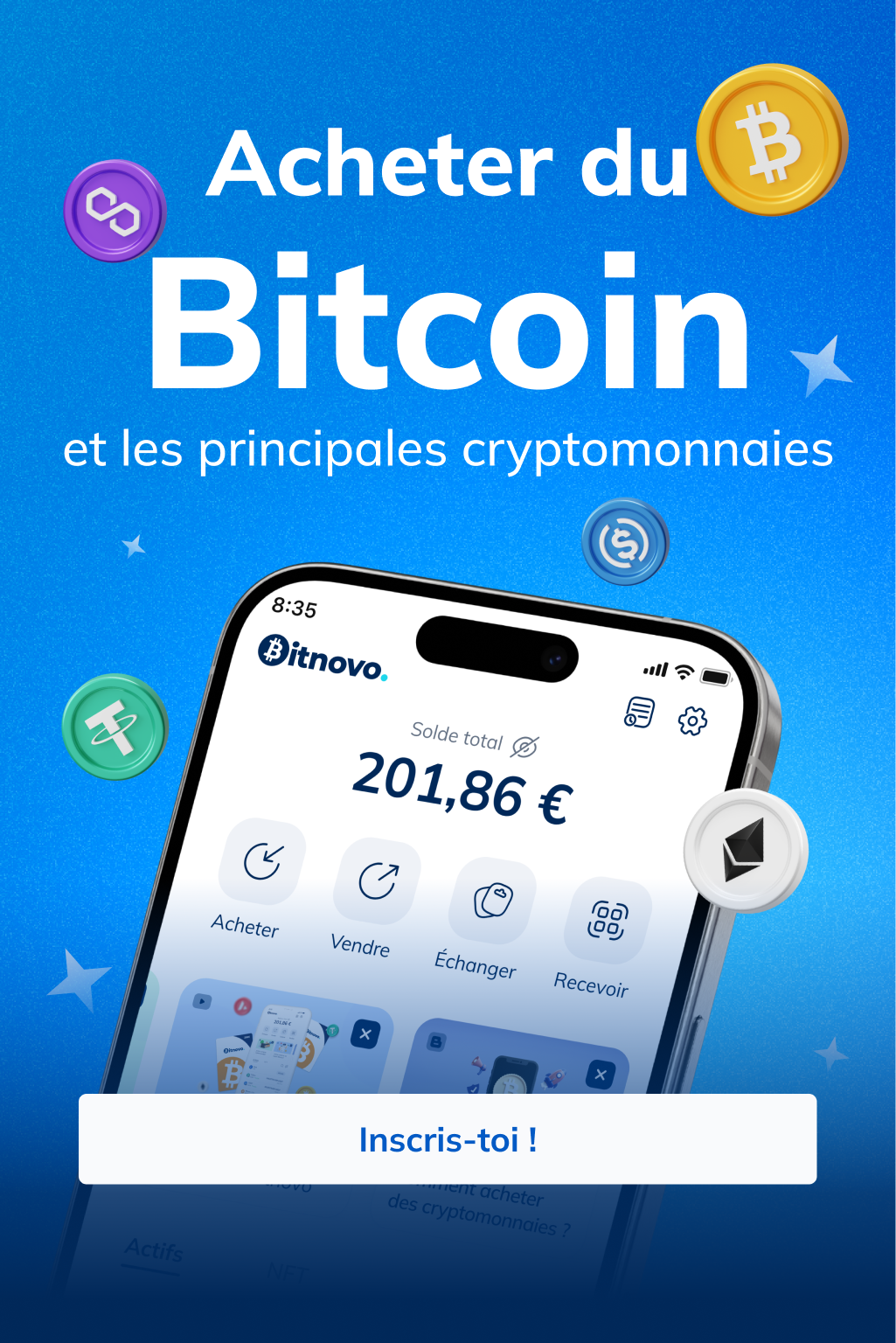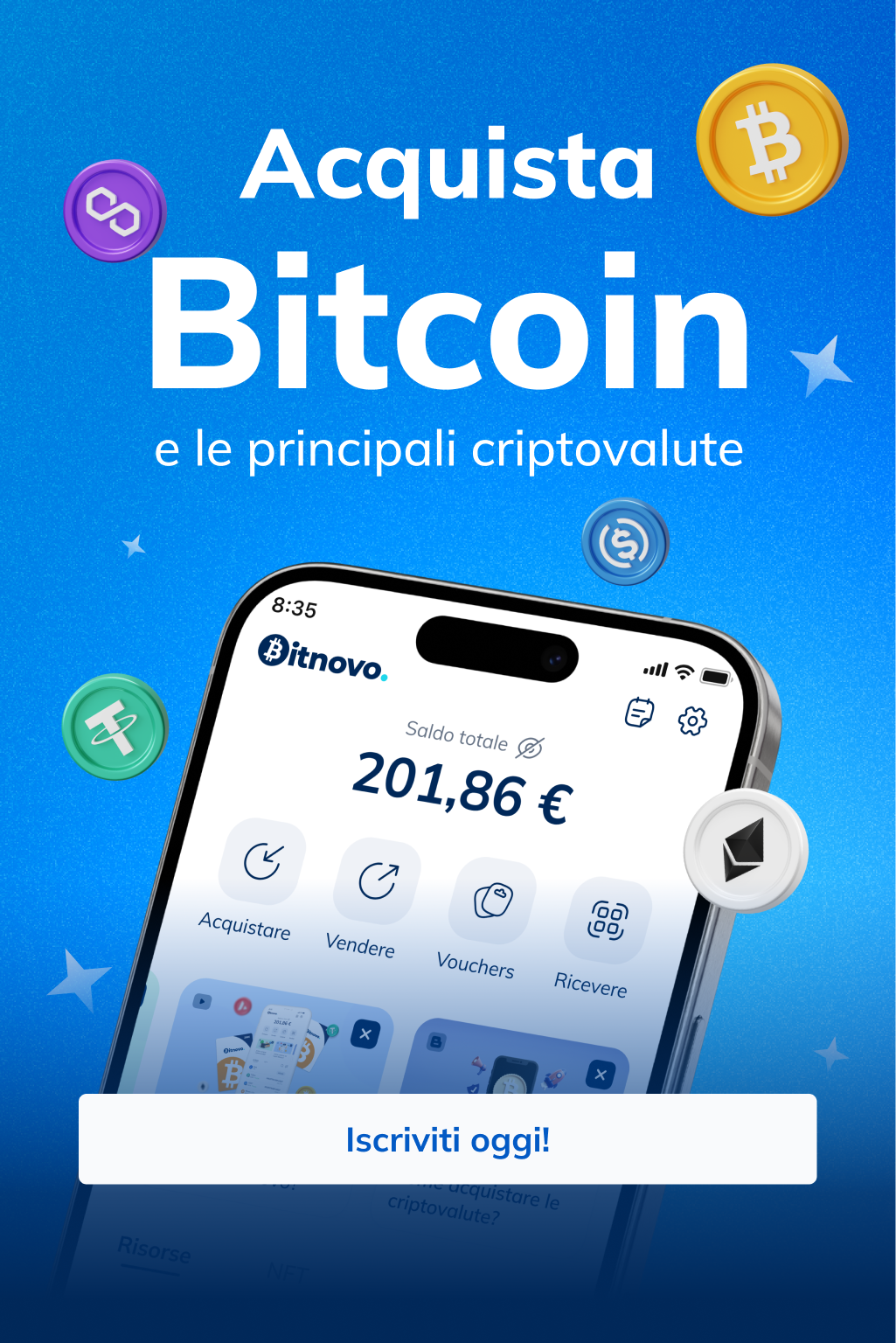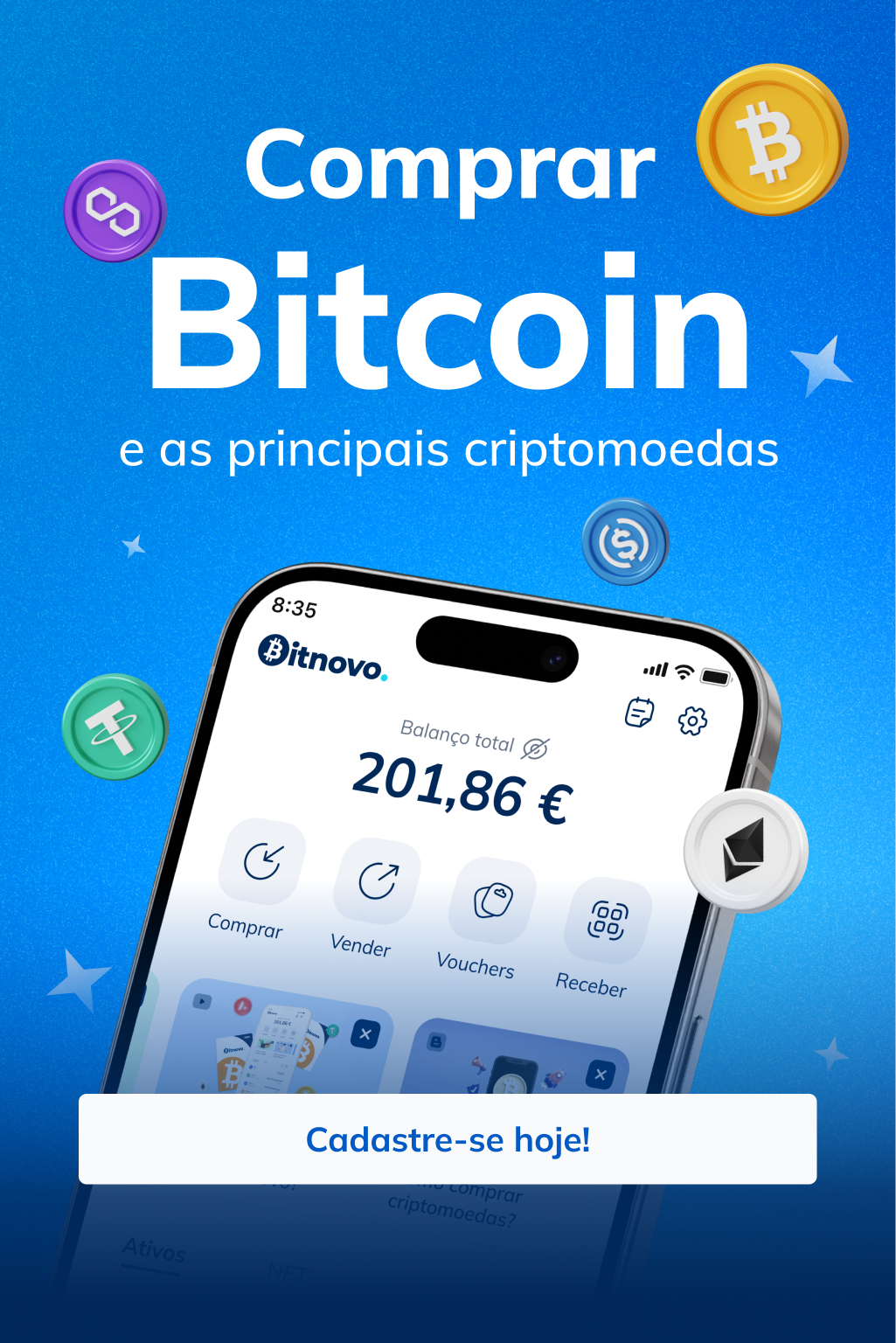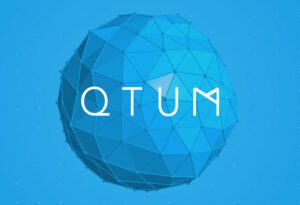
Table of Contents
ToggleWhat is Qtum?
Launched in September 2017, Qtum (pronounced Qantum) was developed by Patrick Dai and Jordan Earls.
Qtum is a hybrid blockchain platform that allows its users to develop smart contracts and dApps on a large scale, combining the best of two of the world’s largest cryptocurrencies: Ethereum and Bitcoin.
This Singapore-based blockchain focuses on the decentralized applications (dApps) market and was born to solve many of Ethereum’s scalability issues.
It was the first Proof of Stake (Proof of Stake) blockchain network and developed the concept of dual-layer side chain.
The purpose of Qtum is to provide companies with a way to process millions of transactions quickly and efficiently.
How to mine Qtum (QTUM)?
QTUM is the token name of the Qtum cryptocurrency.
How it happened with many other digital currencies, when Qtum was launched, in March 2017, its developers organized an ICO to raise funds. The operation was a great success as it raised approximately $15.6 million in five days.
Its supply is limited to 107,822,406 million coins, which to date have been distributed as follows:
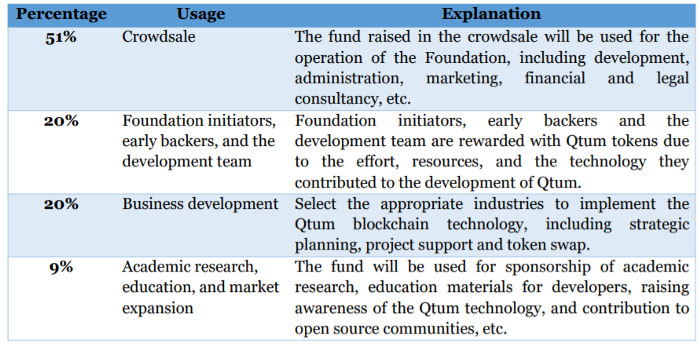
Source: Blog.qtum
Qtum (QTUM) is based on the Proof of Stake (PoS) algorithm.
Therefore, it cannot be mined like other traditional coins with GPUs, CPUs or ASICs.
The only way to obtain QTUM is through staking. This means that validators who have a higher staking (or money deposit) in each block validation will improve their chances of earning transaction fees.
Another peculiar feature of Qtum is that it is based on the UTXO model (Unspent Transaction Output model), running on the Ethereum virtual machine. It is a secure solution for handling transactions.
How Qtum Staking works

One of the most interesting aspects of Qtum is its modified PoS algorithm. As you probably already know, most cryptocurrencies run on the Proof of Work algorithm and use mining to keep the chain running, secure and growing.
However, Qtum works completely differently because its PoS algorithm is based on the user’s stake (i.e. the amount of that cryptocurrency he owns) and uses this criterion to randomly choose the creator of the next block.
The larger the deposit of money in the block (or participation), the higher the probability of validating the block and then charging transaction fees.
QTUM OFFLINE STAKING
Qtum works with Offline Staking: users only delegate addresses (UTXO), but coins remain in their wallets and are stored offline. The advantage is that Qtum’s Offline Staking has no custody and users only delegate addresses, keeping full control of their coins and private keys, which greatly improves security.
Address delegation is done through a smart contract transaction from the delegation user’s wallet that identifies the delegator’s address, the Super Staker’s address and the fee the delegator agrees to pay. If the Super Staker accepts this fee, it will begin wagering the delegated address UTXOs.
To delegate an address, you must pay a fee to Superstaker, and you must meet several conditions:
- UTXO staking requires 500 network confirmations;
- The default minimum bet is at least 100 QTUM; UTXO delegated below this amount will be ignored;
- To obtain the most optimal bet, it is recommended to divide the coins among several UTXO at 100-200 QTUM each.
If you want to start testing Qtum’s offline staking, you will find a complete guide on their website.
How are Qtum block rewards calculated?
As far as Qtum block rewards are concerned, validators get more than 4 QTUM, plus transaction fees, plus gas as a reward for each block.
So the block validator gets as rewards more than 4 QTUM thus divided:
- The reward comes from a new transaction;
- By betting your coins, you will get a reward of 0.4 QTUM immediately.
- Another 3.6 QTUM will be sent to you after 500 blocks (approximately 17 hours), in 9 continuous blocks, within each block you will get 0.4 QTUM, so in total it will be 4 QTUM.
- The coins wagered (UTXO) will be locked for 500 blocks, during this period, they cannot be spent or used for betting.
As for the basic requirements for Qtum staking:
- You have to run a full node of Qtum and stay online, since Qtum does not need any mining machine and any computer can run a full node);
- Have QTUM coins in the wallet (fullnode). You can use any amount of QTUM to bet (but with a minimum of 100 tokens). More QTUM means a higher chance to bet.
Which wallet to use for QTUM betting?

Below you will find a list of recommended Qtum wallets:
Desktop:
The Qtum Full node wallet is the official Qtum wallet that comes with a full copy of the blockchain, ready to install on your PC or virtual private server (VPS).
The only drawback is that you have to be online 24 hours a day, 7 days a week and use the wallet only for betting.
Web wallet:
Qtum Web Wallet is a non-custodial browser wallet that allows you to store and bet your tokens. Being a platform that does not store users’ private keys, it is important that, before using it, you back up your web wallet.
Mobile wallet:
Atomic Wallet
Edge
Exodus
Guarda Wallet
SWFT
Trust Wallet
Hardware wallets:
Ledger
Trezor
How to acquire QTUM tokens
Finally, if you still do not have QTUM tokens to bet and want to start earning income through the staking of this crypto, I remind you that you can get your QTUM tokens on the Bitnovo platform easily, quickly, safely and cheaply.
